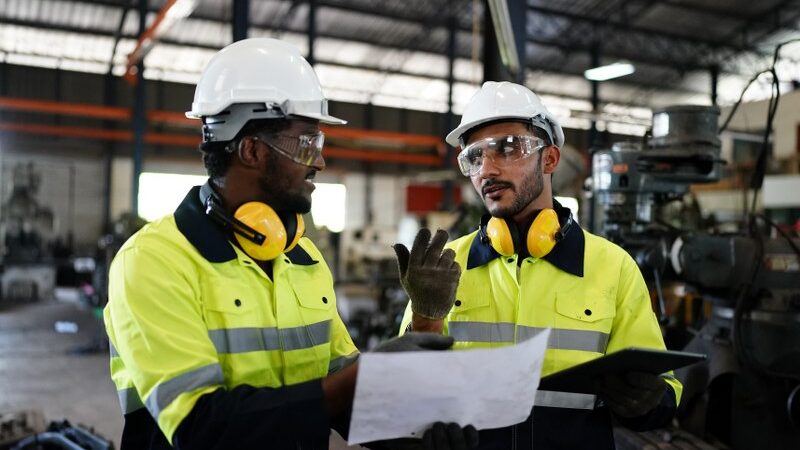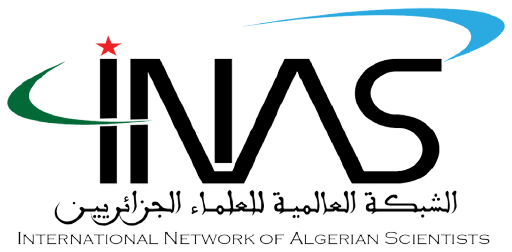
As one of the leading producers of Oil & Gas and with an existing technical base, how can Algeria develop a downstream industry to produce hydrocarbon-based value-added products? What are the investments required and expected outcomes for reducing reliance on Oil & Gas exports, achieve self-sufficiency on key products, create well-paying jobs and position itself for exports?
Objectives
As one of the leading producers of Oil & Gas and with an existing technical base in many industrial fields, Algeria can utilize its hydrocarbons and energy resources to establish successful industries, including the transformation of local materials to produce value-added products. This in turn can lead to the creation of well-paying jobs, achieve self-sufficiency, and position the country for exports of such products and in the long run, reduce its reliance on Oil & Gas revenues.
The project goal is to engage Algerian expertise to identify high impact industries that can take advantage of the country’s energy and raw materials position to enable such development, but also engage Algerian Universities to conduct the technical studies and research necessary for successful problem solving to enable local talent growth and provide the future technical leadership to support the effort.
This project is expected to split into more than one sub-projects depending on the industrial segments identified. The effort will conclude with white papers analyzing the current state of the specific segment and proposing a strategy for implementation.
Problem Definition
Since independence, Algeria has relied on its oil & gas exports as a major source of revenue. With the shift to renewables, EV’s, higher energy efficiency and reduction in global demand, traditional oil & gas exporters are expected to experience significant headwinds and loss in revenue unless they change their long-term strategy.
Gap Analysis
Algeria’s industry has lagged behind when compared to other countries, who were able to leverage their raw materials and energy positions to become global producers of value-added products. What are the challenges facing the industrial sector and how did others succeed are some of the key questions to be answered via an analysis of successful cases from producers and non-producers of Oil & Gas (Saudi Arabia, S. Korea, Thailand, and Turkey).
Opportunity
Hydrocarbons is a leading sector in Algeria that can have a significant impact on the country’s economy if a strong downstream manufacturing base can be established leveraging hydrocarbons as raw materials and low cost energy source. Examples include products such polymers and lubricants of various types for use by the local transformation industry to meet internal consumption as well as exports. In addition to hydrocarbons, Algeria is also home to a number of other raw materials that can be transformed and marketed for usage into high end applications. Example of such industries are those known as High Energy Consumption Industries (HECI), which include food, pulp and paper, basic chemicals, refining, iron and steel, nonferrous metals (e.g. aluminum), and nonmetallic minerals (e.g. cement and glass).
In order to establish focus, we propose the following:
1- Define how impactful is a particular industrial sector for Algeria’s needs, its use of local materials and talents as well as export potential. 2- Assess the current state of manufacturing in that particular sector, how much is manufactured in Algeria and how much is imported. 3- If made in Algeria: Is the country self-sufficient? What is its export position? Are the materials used made in Algeria or are they imported? 4- If the product is imported: What is the origin and reasons and annual $$ spending?

